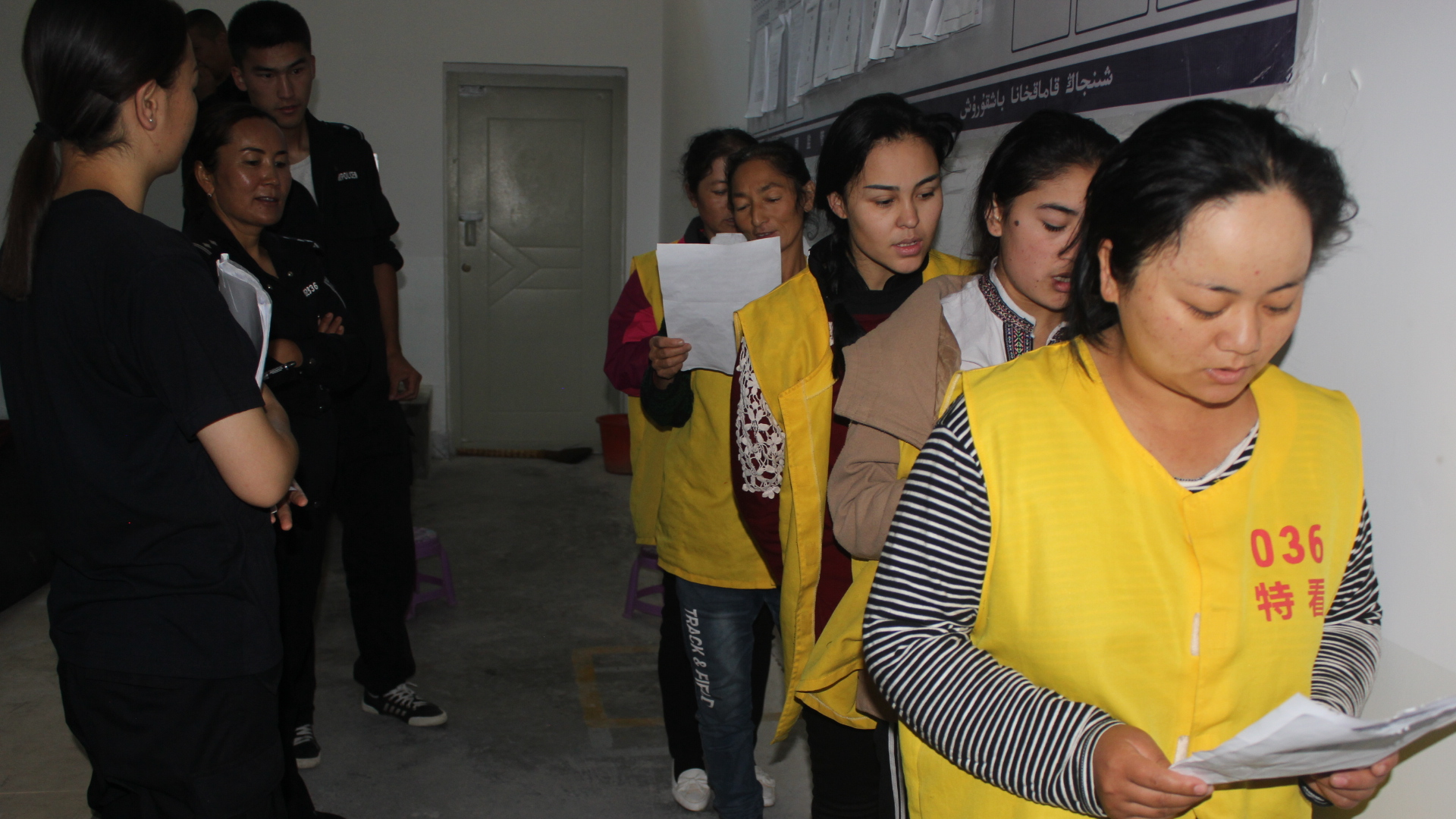China
Human Rights Violations in Xinjiang: How China represses Uyghurs
Human Rights Violations in Xinjiang: How China represses Uyghurs
In March 2022, international media published the "Xinjiang Police Files". The hacked documents tell the gruesome story of the re-education camps in China's western Xinjiang province. It is the largest leak to date and occurred shortly before the visit of United Nations High Commissioner for Human Rights, Michelle Bachelet, to the Xinjiang region. We discussed the leaks with Anna Marti, Head of the Global Innovation Hub Taipei, and Vanessa Steinmetz, Project Assistant at the Regional Office Southeast and East Asia.
Excerpt of the three important questions discussed in the Podcast (in German)
The Xinjiang Police Files were leaked on 24 May 2022. What do they tell us?
Vanessa Steinmetz: The material consists of three parts. The first part includes more than 2,800 sad and harrowing pictures of prisoners looking directly into the camera. One picture that has gone viral around the world shows a woman with tears in her eyes. The second part contains documents with information about the prisoners as well as instructions to the camp guards. They suggest that an order to shoot was given in case of a escape attempt. The third part are transcripts of speeches by party functionaries.
The files also say why people were arrested. What were the reasons mentioned in the files?
Anna Marti: One absurd example is the case of a young man who was illegally exercising in a gym. In Xinjiang, the consequence of such an action is a 10-years prison sentence. It is not about punishing a crime at all. It is about locking people up and re-educating them and making them "good Han Chinese".
Vanessa Steinmetz: One picture of a 16-year-old described him as "emotionally unstable and disturbed". That is completely unreasonable. The pretext is always: fighting terrorism. However, that cannot be substantiated, at least not with what emerges from these documents.
Looking into the future, what should happen at international or European level in response to the leaks?
Anna Marti: I would like to see something actually happen that goes beyond declarations of terror. As soon as it comes to sanctions or the question of how closely we want to continue to tie ourselves economically to China, it gets quiet quickly. And sanctions at EU level are difficult because countries like Greece, Hungary, Malta, or Cyprus often block them. What else would I like to see? Laws on supply chains and human rights. German companies also have a responsibility. I think it is important that they admit that.

Image from the Tekes County Detention Center

Image from the Tekes County Detention Center
Justice and accountability
